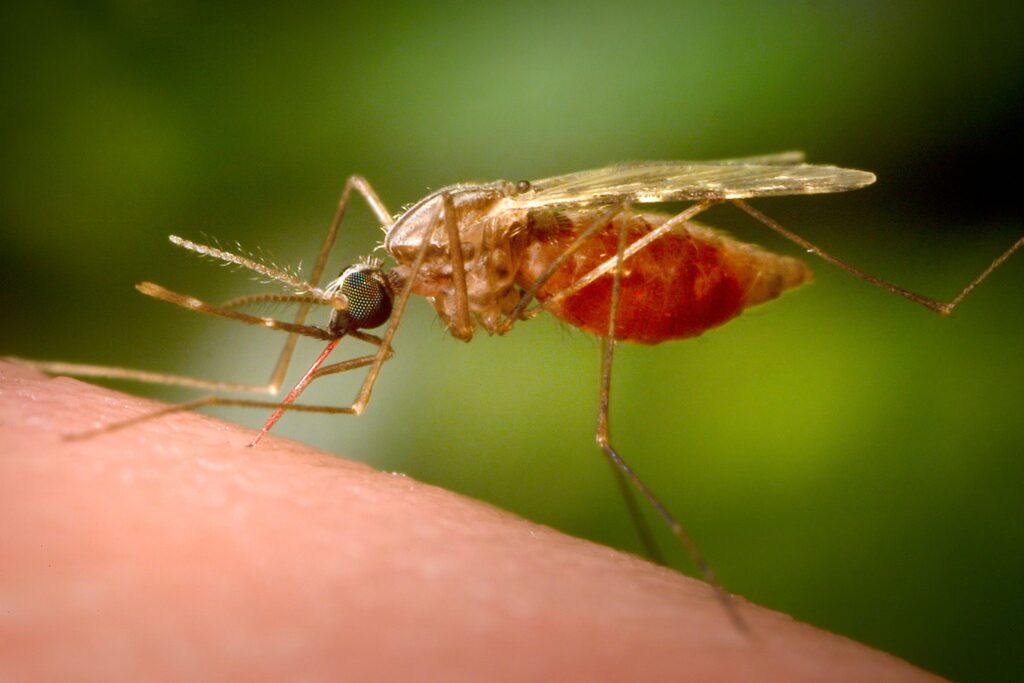After nearly a decade of steady progress in reducing malaria, Rwanda is facing a sudden resurgence that has prompted health officials to reconsider introducing malaria vaccines. For years, the country had declined the vaccine rollout, confident in its progress and success in controlling the disease. However, a sharp increase in cases and signs of drug resistance have triggered a shift in strategy.
Between 2016 and 2023, Rwanda saw a dramatic fall in malaria cases, from almost five million to just 430,000 a reduction of about 90 percent. Deaths also fell significantly, from 650 to 67 annually, with more than half of the districts entering the malaria pre-elimination phase. Yet, in 2024, cases unexpectedly surged by over 45 percent in just one year, reaching 620,000. The increase began in January, a time when cases typically decline, and peaked in October with over 112,000 cases 90 percent of them in 15 districts.
Health experts say the resurgence is being fuelled by several factors. Mosquito resistance to artemisinin-based drugs is rising, weakening one of the most effective treatments available. In addition, mosquito behaviour is changing, with more biting occurring outdoors rather than indoors, undermining the effectiveness of bed nets and indoor spraying. Environmental changes, such as increased breeding sites, are also contributing to the problem.
Many of the worst-affected areas are in cross-border communities, raising concerns about the spread of malaria between neighbouring countries. To address drug resistance, Rwanda has begun using alternative medicines, moving away from exclusive reliance on Coartem and adopting a multiple first-line treatment strategy.
Despite heavy investments in mosquito control measures including spending over US$1.5 million per district on indoor residual spraying in the most vulnerable regions the recent surge shows that existing interventions are no longer enough. This has led authorities to revisit the malaria vaccine option, which 17 other African countries have already adopted with support from the World Health Organization and Gavi, the Vaccine Alliance.
Officials now believe that vaccines could play a vital role in strengthening malaria prevention efforts, especially in high-risk areas. The reconsideration marks a major policy shift and could see Rwanda join the growing list of African nations using vaccines to protect communities against one of the continent’s deadliest diseases.

